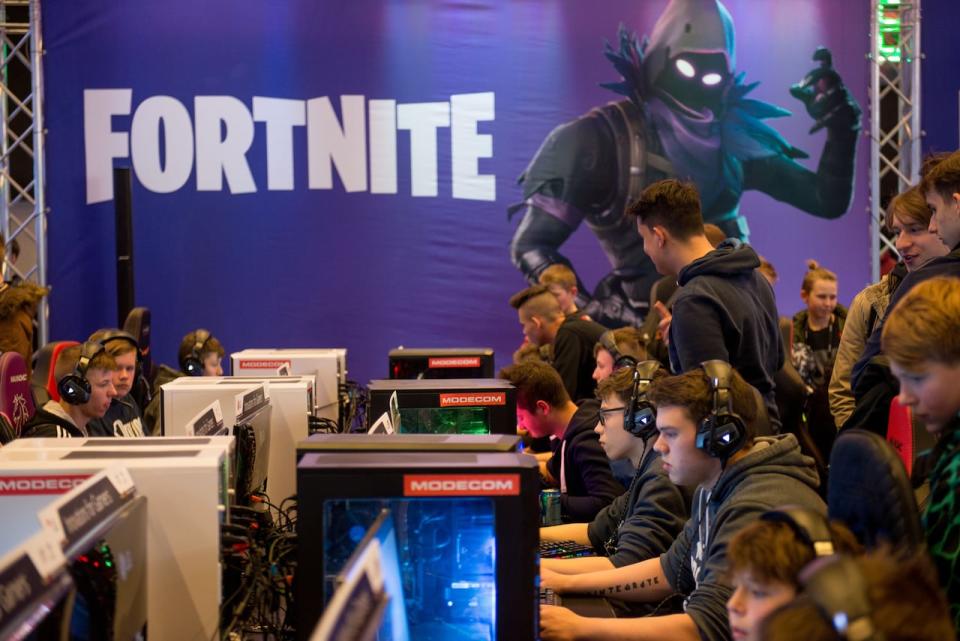Fortnite maker Epic Games laying off 16% of staff

Epic Games, the maker of the popular video game Fortnite, is laying off about 870 employees, roughly one-sixth of its staff.
The job cuts at the North Carolina-based company were announced in a memo to staff from company founder Tim Sweeney, who said the company's revenue is still growing, but at a slower pace than its expenses.
"For a while now, we've been spending way more money than we earn, investing in the next evolution of Epic and growing Fortnite as a metaverse-inspired ecosystem for creators," Sweeney said.
"I had long been optimistic that we could power through this transition without layoffs, but in retrospect, I see that this was unrealistic."
The company has staff in Canada but an exact breakdown of how many of its Canadian employees were let go was not immediately available.
Although the company makes many video games and also owns the game engine Unreal, its main product is Fortnite, which is played by 400 million people around the world
The company is offering six months of severance to anyone impacted and bringing up the vesting timeline for any stock options. In addition to the job cuts, the company is selling off two business divisions — online music marketplace Bandcamp and marketing arm SuperAwesome — which will shed another 250 positions from Epic's payroll.
Epic Games also says it will be raising its prices for consumers. The price to acquire in-game credits, known as V-bucks, already increased by 12-15 per cent in Canada and the U.K. in July, and starting next month, the new prices will roll out in the U.S. and across Europe.
The moves come as the company continues to wage war against Apple over the tech giant's practice of charging commissions on sales made through separate apps that use its App Store. Apple charges as much as 30 per cent commission on in-app purchases, something Epic says is anti-competitive, and it is taking its long-running legal fight all the way to the U.S. Supreme Court.

 Yahoo Movies
Yahoo Movies 